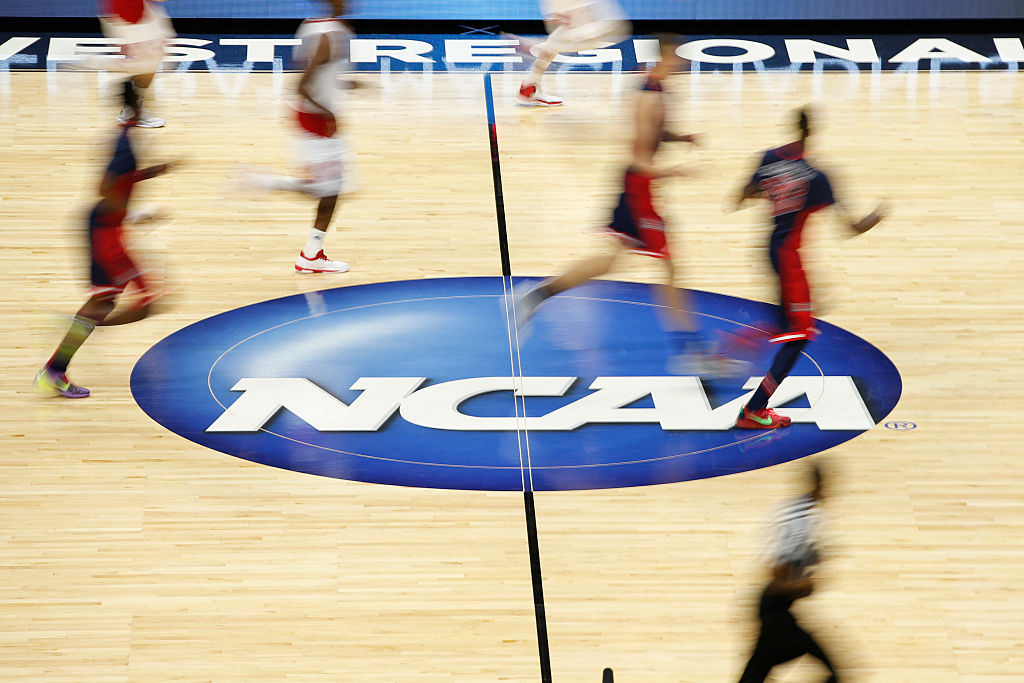
January 2, 2025
NCAA Student-Athlete $2.8B Settlement Expected To Be Finalized In April
Previous restrictions prevented students from potentially making millions from their name, image and likeness.
In the changing landscape of college athletics, the term amateur will no longer apply to student-athletes in the new year due to the landmark decision from the Supreme Court in 2021 that allowed the current environment of students to be compensated for their name, image, or likeness.
According to The Associated Press, as of April 7, 2025, the $2.8 billion lawsuit settlement from which several lawsuits were filed fighting for compensation for student-athletes, including a class-action lawsuit, House Vs. The NCAA should be finalized. The settlement offer covers three antitrust cases that challenged how the NCAA compensated its student-athletes dating back to 2016. The plaintiffs filed the lawsuits because they said that the rules implemented by the NCAA denied thousands of athletes the opportunity to earn millions of dollars from using their names, images, and likenesses.
The settlement being approved lays the foundation for student-athletes to be compensated directly from the schools they attend.
David Schnase, the NCAA’s vice president for academic and membership affairs, states that the change will focus more on the “experiences and circumstances” of the students.
“You can use the word ‘pro,’ you can use the word ‘amateur,’ you can attach whatever moniker you want to it, but those are just labels,” Schnase said. “It’s much less about labels and more about experiences and circumstances. Circumstances are different today than they were last year and they are likely going to be different in the foreseeable future.”
This change was made when the Justices, in a unanimous decision, sided with the students, who wanted the cap removed from whatever the compensation limit was prior to the decision.
One of the judges, Brett Kavanaugh, wrote: “Traditions alone cannot justify the NCAA’s decision to build a massive money-raising enterprise on the backs of student-athletes who are not fairly compensated.”
“Nowhere else in America can businesses get away with agreeing not to pay their workers a fair market rate on the theory that their product is defined by not paying their workers a fair market rate. … The NCAA is not above the law,” wrote Kavanaugh, who, as a college student, played on Yale’s junior varsity basketball team.
The parties responsible for bringing these cases to this conclusion were former athletes, including West Virginia football player Shawne Alston. That was brought to the court system after several other former student-athletes, including former UCLA basketball player Ed O’Bannon and NBA legends Oscar Robertson and Bill Russell, filed a lawsuit, and an appeals court concluded that the rules implemented by the NCAA rules aren’t exempt from antitrust law.
RELATED CONTENT: NCAA Asking Fans To Reduce Online Abuse Toward College Players And Officials